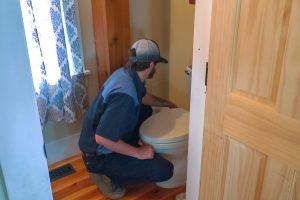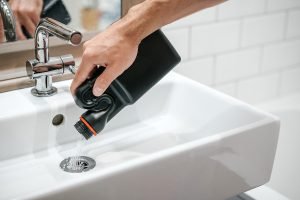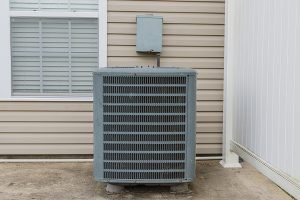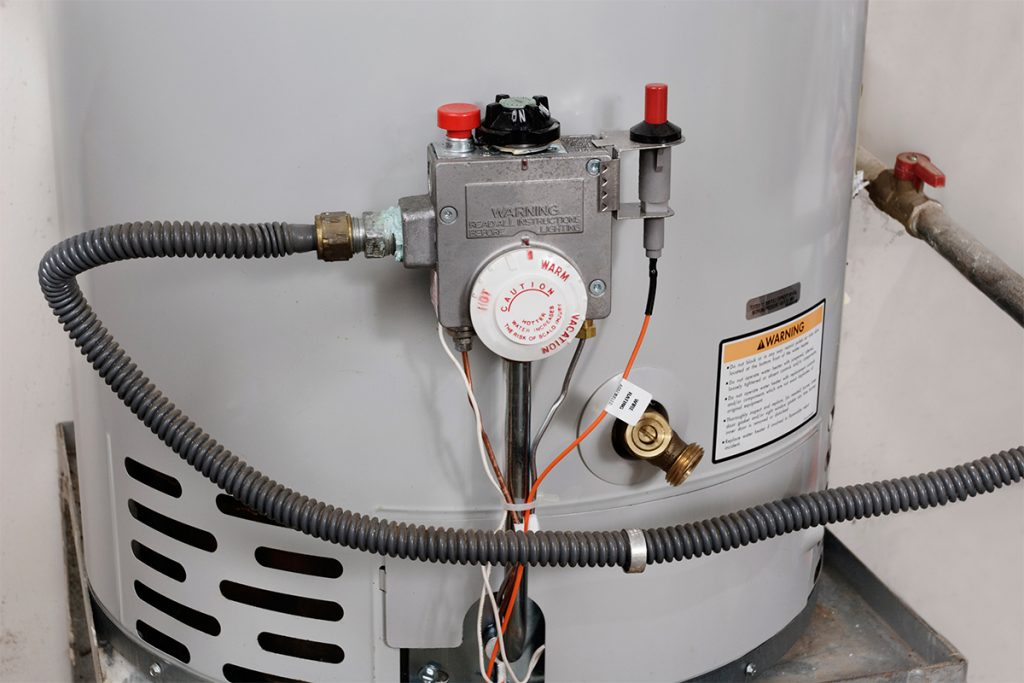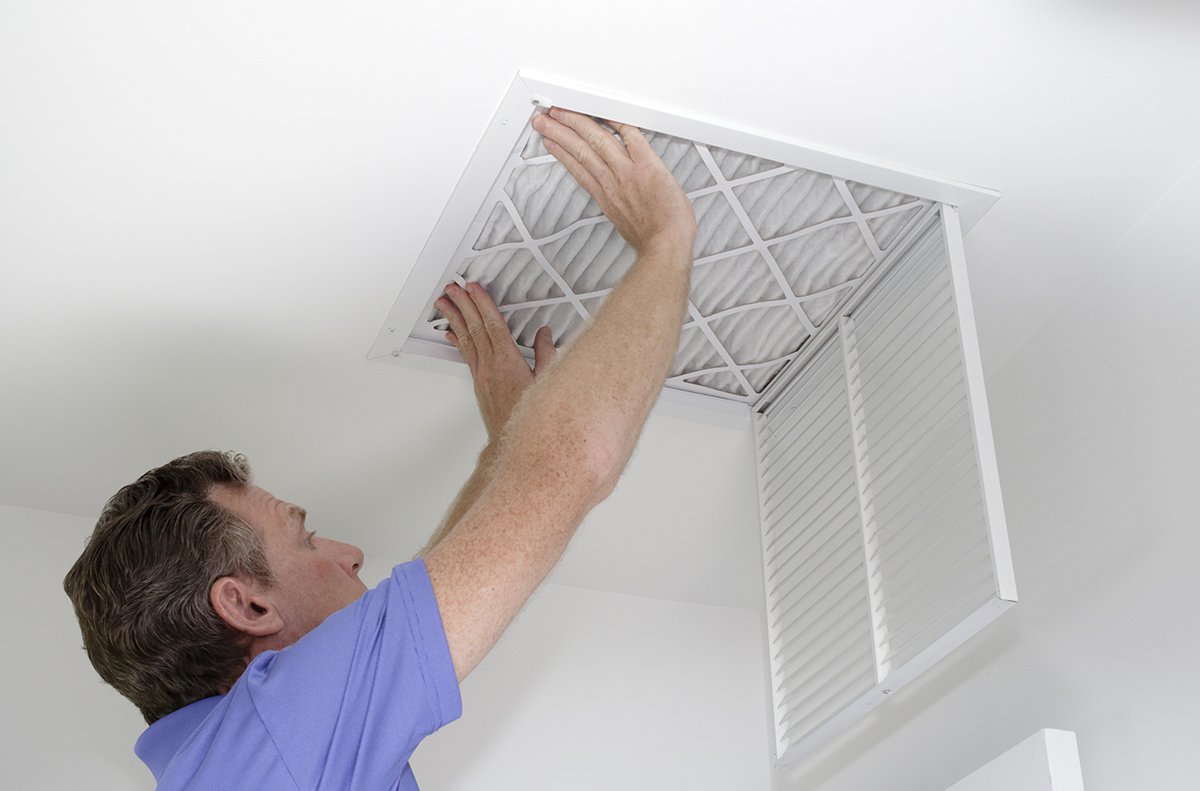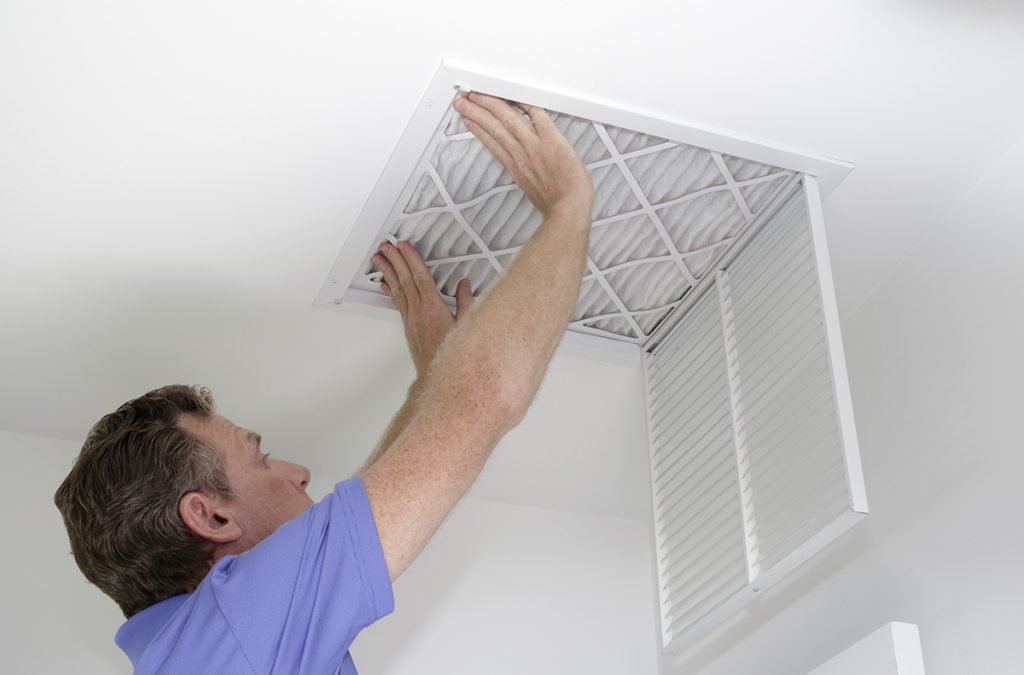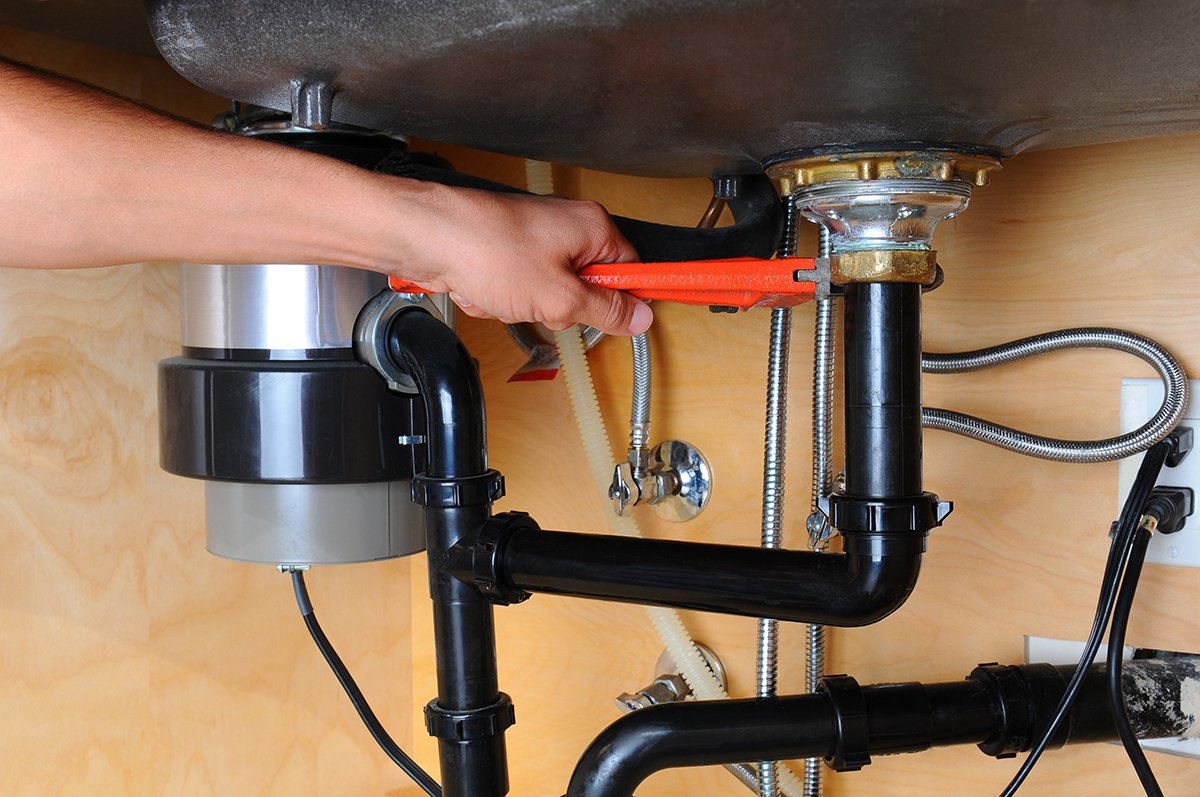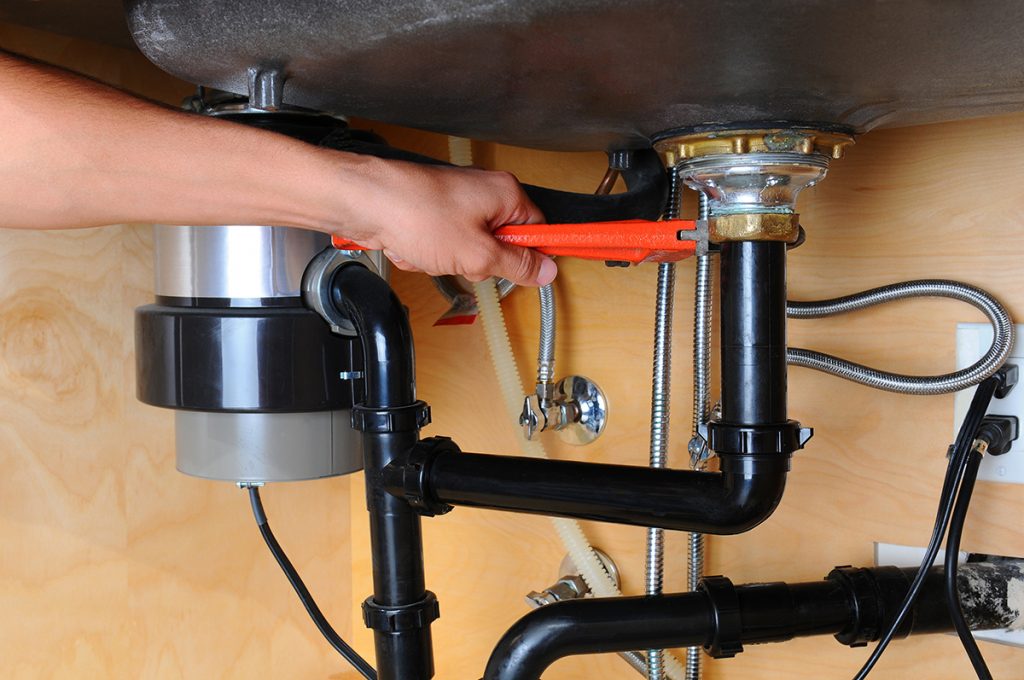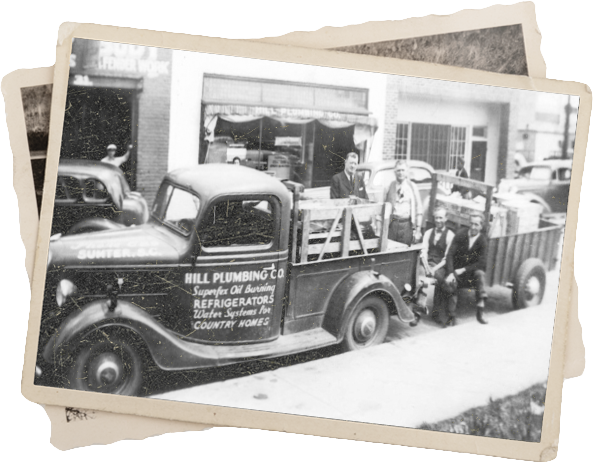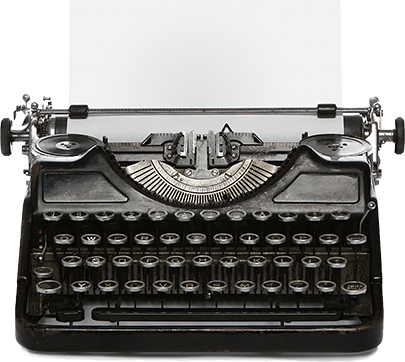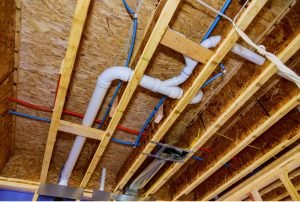 How are your pipes and plumbing? If your home is older than 25 years, the plumbing is usually the same age, meaning it could need replacing. Re-piping is the process of replacing old pipes with new ones. However, before you invest in re-piping, you should know what kind of pipe material is best for home plumbing systems. We’ve got the information you need.
How are your pipes and plumbing? If your home is older than 25 years, the plumbing is usually the same age, meaning it could need replacing. Re-piping is the process of replacing old pipes with new ones. However, before you invest in re-piping, you should know what kind of pipe material is best for home plumbing systems. We’ve got the information you need.
Copper Pipes
Copper piping is often more expensive than other types of pipes, but it’s also more durable and can increase the resale value of your home. You’ll sometimes find copper in older houses, and it’s currently used more in commercial applications, but it is still an excellent choice for many homes.
CPVC and PVC Pipes
Unlike copper pipes that are metal, CPVC and PVC pipes are plastic. These pipes are more cost-effective than copper and are common in newer homes. The plastic is easy to manufacture and costs less to ship and transport because it’s light. Installation is also easy and it is flexible and useful in a variety of different homes.
Uponor Pipes
Another choice that is gaining in popularity for use in homes and businesses is Uponor pipe. Like PVC piping, it’s lightweight, flexible, and durable. However, unlike PVC, it is a more sustainable option. It’s also more budget-friendly, installation is quick, and it has a 25-year warranty.
You don’t need to decide on what kind of pipe material is best for home plumbing systems on your own. If your home needs re-piping, trust the guidance of knowledgeable experts by contacting Hill Plumbing and Air.

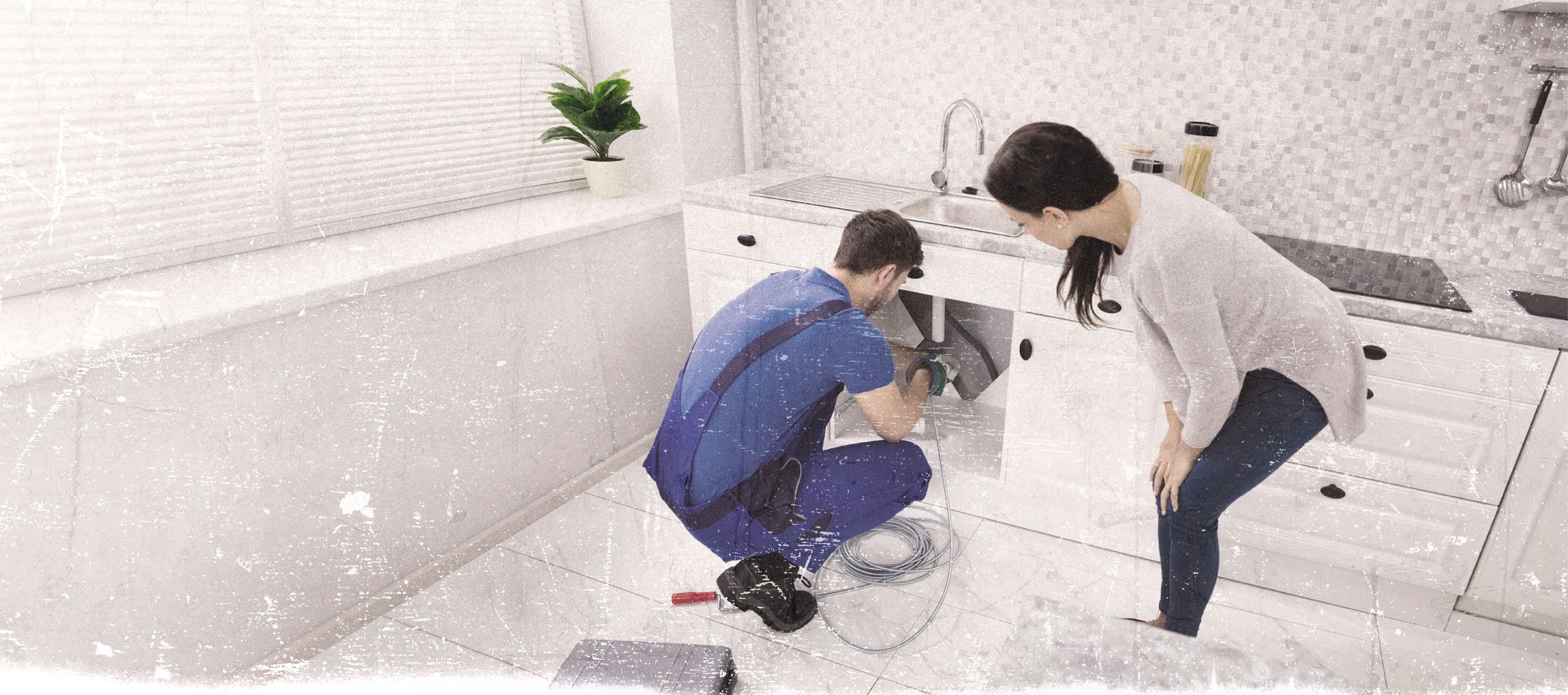
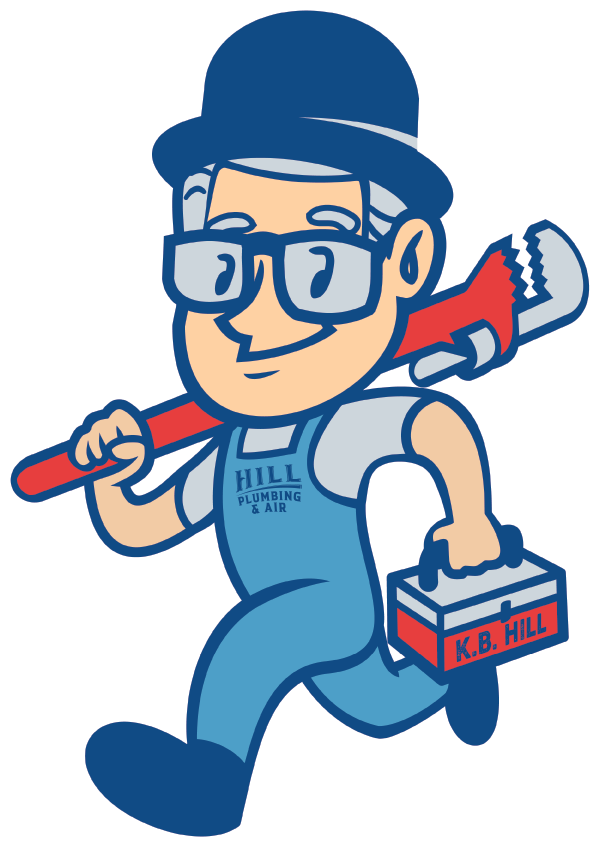
 Most homeowners want to save money on the things they spend money on regularly, including utility bills. But can you save money without sacrificing comfort? We’re here to tell you that you can with a little help from
Most homeowners want to save money on the things they spend money on regularly, including utility bills. But can you save money without sacrificing comfort? We’re here to tell you that you can with a little help from 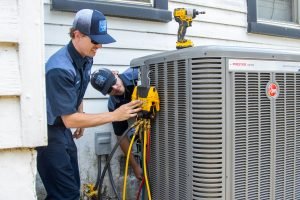 Are the
Are the 